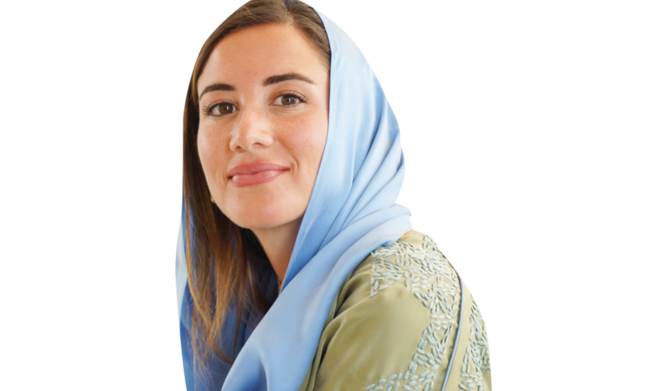Aya Al-Bakree is the CEO of the Diriyah Biennale Foundation, a nonprofit cultural organization chaired by Prince Badr bin Abdullah bin Farhan.
The foundation is mandated to stage two world-class biennales in Saudi Arabia, alternating between contemporary and Islamic arts.
At the heart of the foundation’s strategy is a mission to foster artistic cross-fertilization by connecting Saudi Arabian and international cultural discourse. It aims to elevate artistic practices and provide educational public programs for participants of all ages and backgrounds.
As a passionate advocate for the arts and the adaptive reuse of public spaces into cultural venues, Al-Bakree has overseen the launch of inaugural biennale editions in two cities: the JAX district in Diriyah and the Hajj Terminal in Jeddah. These editions showcased the works of diverse local and international artists.
The Contemporary Art Biennale in 2021 was recognized as the first dedicated biennale in Saudi Arabia, while the Islamic Arts Biennale in Jeddah was the first of its kind in world history, showcasing contemporary and ancient works of unprecedented breadth and scale.
Prior to her appointment as CEO at the organization, Al-Bakree earned her global communications degree at the American University of Paris in 2011, where she also completed a year-long exchange program at Parsons.
After graduating, she began her career at a world-renowned French art gallery, where she immersed herself in the world of international contemporary art and learned about the commercial and business sides.
When she returned to Saudi Arabia, she gained further professional experience in the art sector with a cultural organization working across the Middle East, collaborating with locally acclaimed institutions and galleries in the Kingdom.
Bringing over a decade of experience in the arts, she continues to forge opportunities to promote local artistic expression on international platforms and collaborate with local artists, galleries, and collectors across the country.





























